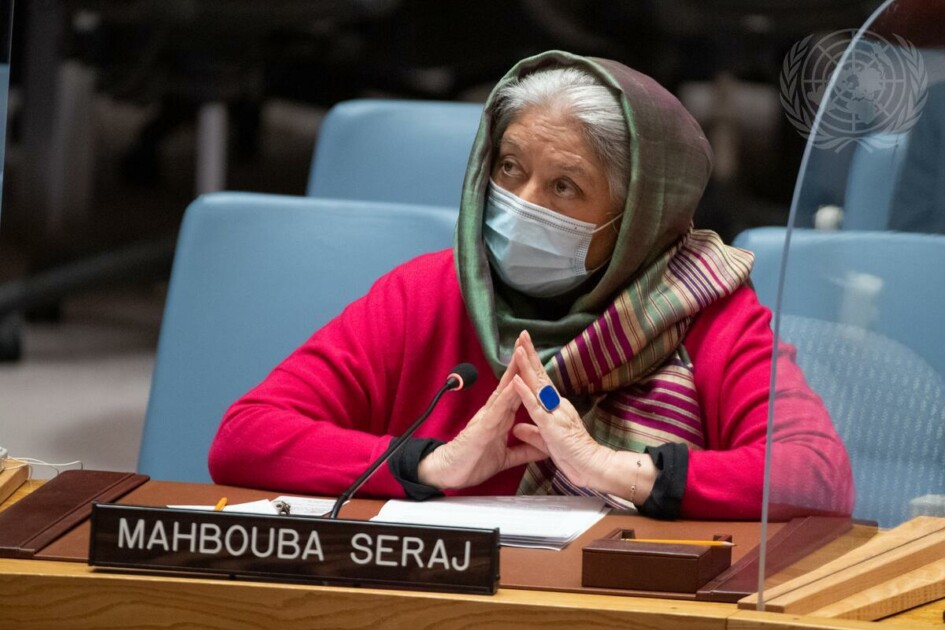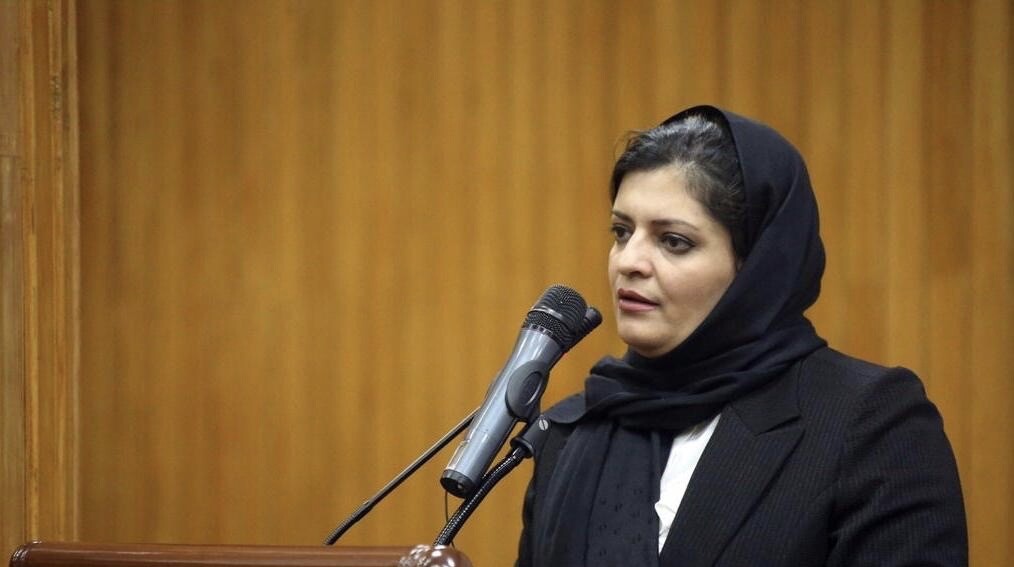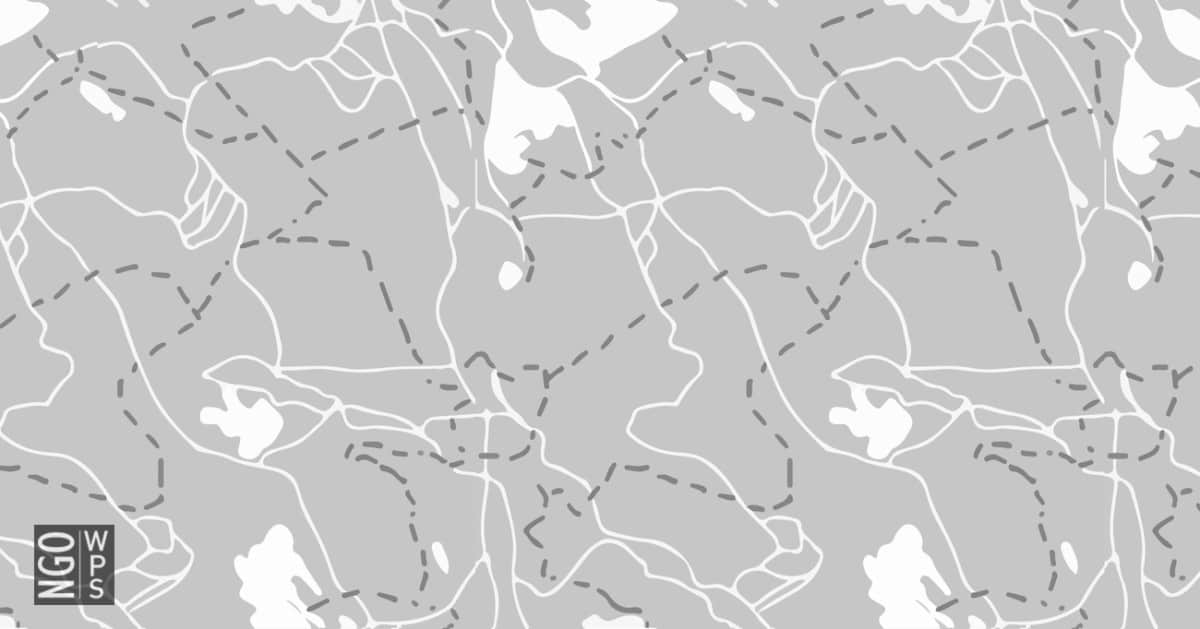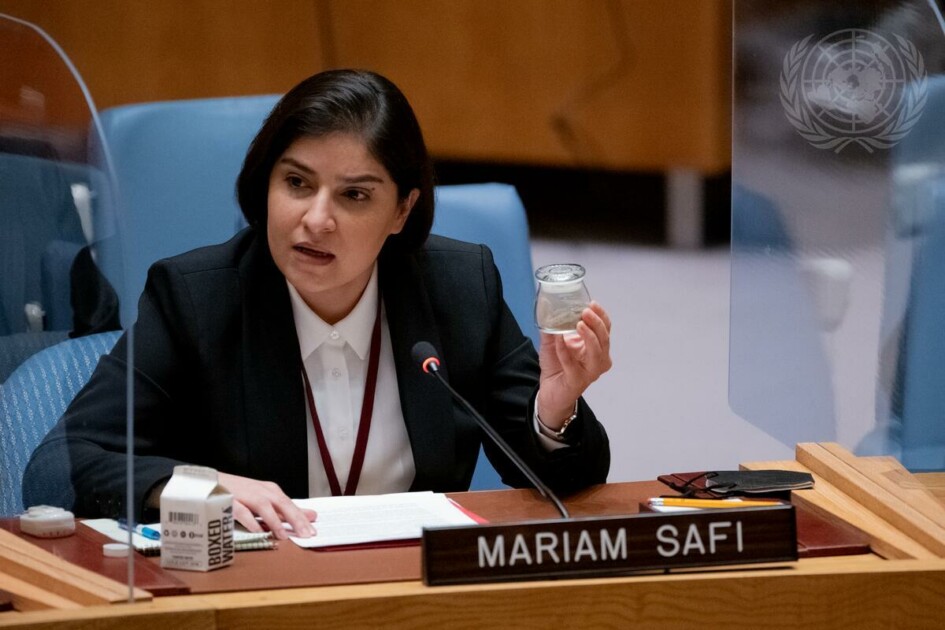Afghanistan
Afghanistan
Afghanistan has been engulfed in violent armed conflict since the fall of the Taliban regime in 2001, and efforts to build sustainable peace while preventing the re-establishment of extremist rule depend on the inclusion of women.
Living in the most dangerous place in the world to be a woman, as the Thomas Reuters Foundation revealed in 2011, Afghani women have emerged as leaders in the peace process— advocating constantly for more inclusive government, and inspiring marginalized groups nationwide to demand a place in the political system. Despite the important role that Afghani women play in bringing about social change in Afghanistan, many barriers to their involvement still exist.
Based on the work of NGOWG members and their partners, the NGOWG advocates for eliminating these barriers by encouraging UNAMA to support the Afghan government in fully implementing the National Action Plan on Women, Peace and Security (NAP), and ensuring women’s full and equal participation in regularly held elections.
Current and Past Recommendations to the UN Security Council (Monthly Action Points)
The Council is expected to adopt a resolution on the Resolute Support Mission (RSM) in Afghanistan which will replace ISAF. The new resolution should:
- Fully account for gender as a cross-cutting issue across all aspects of operation.
- Ensure women’s meaningful political participation by ensuring gender parity in negotiating teams, increasing the number of women in the High Peace Council and in the Afghan National Police, and supporting women human rights defenders.
- Ensure the protection of civilians and accountability for civilian casualties, including by mentoring and training all Afghan National Security Forces personnel on international humanitarian and human rights law, including on women’s rights.
- Prevent and mitigate internal displacement and ensure a gender lens is applied to the humanitarian response to IDPs.
The Council is expected to adopt a resolution on the Resolute Support Mission (RSM) in Afghanistan which will replace ISAF. The new resolution should:
- Fully account for gender as a cross-cutting issue across all aspects of operation.
- Ensure women’s meaningful political participation by ensuring gender parity in negotiating teams, increasing the number of women in the High Peace Council and in the Afghan National Police, and supporting women human rights defenders.
- Ensure the protection of civilians and accountability for civilian casualties, including by mentoring and training all Afghan National Security Forces personnel on international humanitarian and human rights law, including on women’s rights.
- Prevent and mitigate internal displacement and ensure a gender lens is applied to the humanitarian response to IDPs.
Relevant Resources









